Grooming is a vital part of pet care, especially for pets with sensitive skin. A consistent grooming routine not only keeps your furry friend looking their best but also ensures their skin and coat remain healthy. Let’s explore the importance of proper grooming, how to care for sensitive skin, and address common misconceptions about pet hygiene.
Why Is Dog Grooming Important?
Grooming does much more than make your pet look good. It helps:
- Remove dirt, allergens, and excess oils from the coat.
- Prevent matting and reduce shedding.
- Keep the skin microbiome balanced, reducing irritation and infection risk.
- Strengthen the bond between you and your pet.
For dogs with sensitive skin, grooming takes on an even greater significance. Without proper care, their skin can become dry, irritated, and prone to conditions like yeast overgrowth or bacterial infections.
Why Does My Dog Have Sensitive Skin?
Sensitive skin in dogs can be caused by:
- Allergies: Environmental allergens, food intolerances, or flea bites.
- Genetics: Some breeds are more prone to skin sensitivities.
- Overwashing: Frequent use of harsh shampoos can strip natural oils and disrupt the skin barrier.
- Diet: A poor diet lacking essential fatty acids and nutrients.
Does Grooming Stop Shedding?
While grooming doesn’t stop shedding altogether (shedding is a natural process), it significantly reduces loose fur in your home. Regular brushing helps:
- Remove dead hair before it falls out.
- Distribute natural oils across the coat for healthier skin.
- Reduce allergens trapped in fur.
Why Is It Important to Wash Your Dog?
Washing your dog is essential, even for pets that swim frequently in ponds, lakes, or rivers. Open water may contain bacteria, algae, or other contaminants that can irritate your pet’s skin and disrupt their natural microbiome. Regular baths with a gentle, pH-balanced shampoo can remove these impurities and keep their coat clean and fresh.
Why Swimming Isn’t Enough
- Contaminants: Water bodies often contain pollutants that can harm your pet’s skin.
- Drying Effects: Open water can strip natural oils from the skin, leading to dryness.
- Bacteria and Yeast: Moisture trapped in the coat creates an ideal environment for yeast or bacterial overgrowth, causing unpleasant odours and itching.
Tips for Grooming Pets with Sensitive Skin
1. Use the Right Products
Choosing the right grooming products is crucial for pets with sensitive skin. Avoid harsh shampoos and opt for natural, skin-friendly options like:
- Lavender Skin Repair Serum (DermaRenew): Helps repair dry or irritated skin.
- Rose Skin Repair Serum (DermaProtect): Ideal for hormonal or older pets prone to itchiness.
- Rinse-Off Shampoo: Gentle enough for sensitive skin and perfect for short-haired pets.
- Paw Nose & Wrinkle Balm: Provides soothing relief for dry or irritated areas.
2. Bathe Regularly but Not Too Often
While washing your dog is essential, over-bathing can lead to dryness and irritation. Aim for:
- Every 4–6 weeks: For general cleanliness.
- More frequently: If your dog gets dirty or has specific skin conditions.
Use lukewarm water and ensure your pet’s coat is thoroughly wet before applying species appropriate shampoo like our Rinse-Off Shampoo for short haired pets.
3. Brush Before Bathing
Brushing removes loose fur and detangles knots, allowing shampoo to reach the skin more effectively. For pets with sensitive skin, use a soft-bristle or rubber brush to avoid irritation and either one of the Rose or Lavender serums to seal the cuticles.
4. Focus on the Skin Microbiome
Maintaining a healthy skin microbiome is essential for pets with sensitive skin. Products like Lavender Serum and Rose Serum are designed to support this balance, helping to prevent yeast and bacterial overgrowth.
5. Dry Thoroughly After Bathing or Swimming
Moisture left on your pet’s skin can lead to yeast and bacterial infections. Use a towel to dry your pet thoroughly, paying close attention to folds, armpits, and areas behind the ears.
6. Protect Their Skin Year-Round
Environmental factors like heat, cold, and humidity can affect your pet’s skin. Regularly apply a soothing balm like our Paw Nose & Wrinkle Balm to areas prone to dryness or irritation.
Can Dogs Be Groomed When in Season?
Dogs can be groomed when in season, but it’s essential to take extra precautions:
- Gentle Handling: Hormonal changes may make your dog more sensitive.
- Avoid Stress: Keep grooming sessions calm and short.
- Choose the Right Products: Use soothing, natural products to avoid further irritation.
Conclusion
Grooming is an essential part of caring for pets with sensitive skin. With the right approach and products, you can keep their coat healthy, their skin comfortable, and their overall appearance radiant. For the best results, incorporate Lavender Skin Repair Serum, Rose Skin Repair Serum, or our Rinse-Off Shampoo into your grooming routine.
By maintaining a consistent grooming schedule and using gentle, natural products, you’ll ensure your furry friend stays happy, healthy, and itch-free!

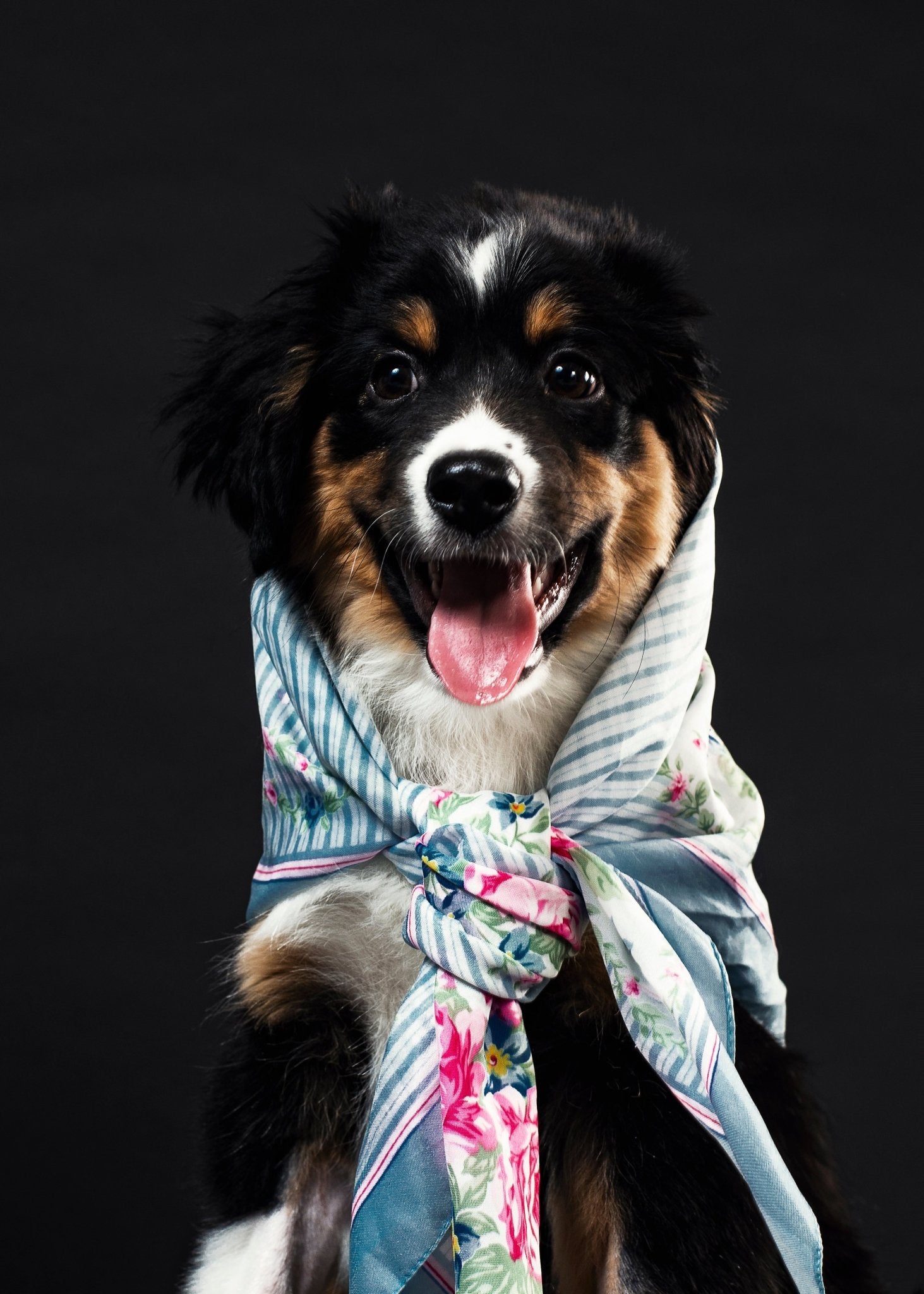
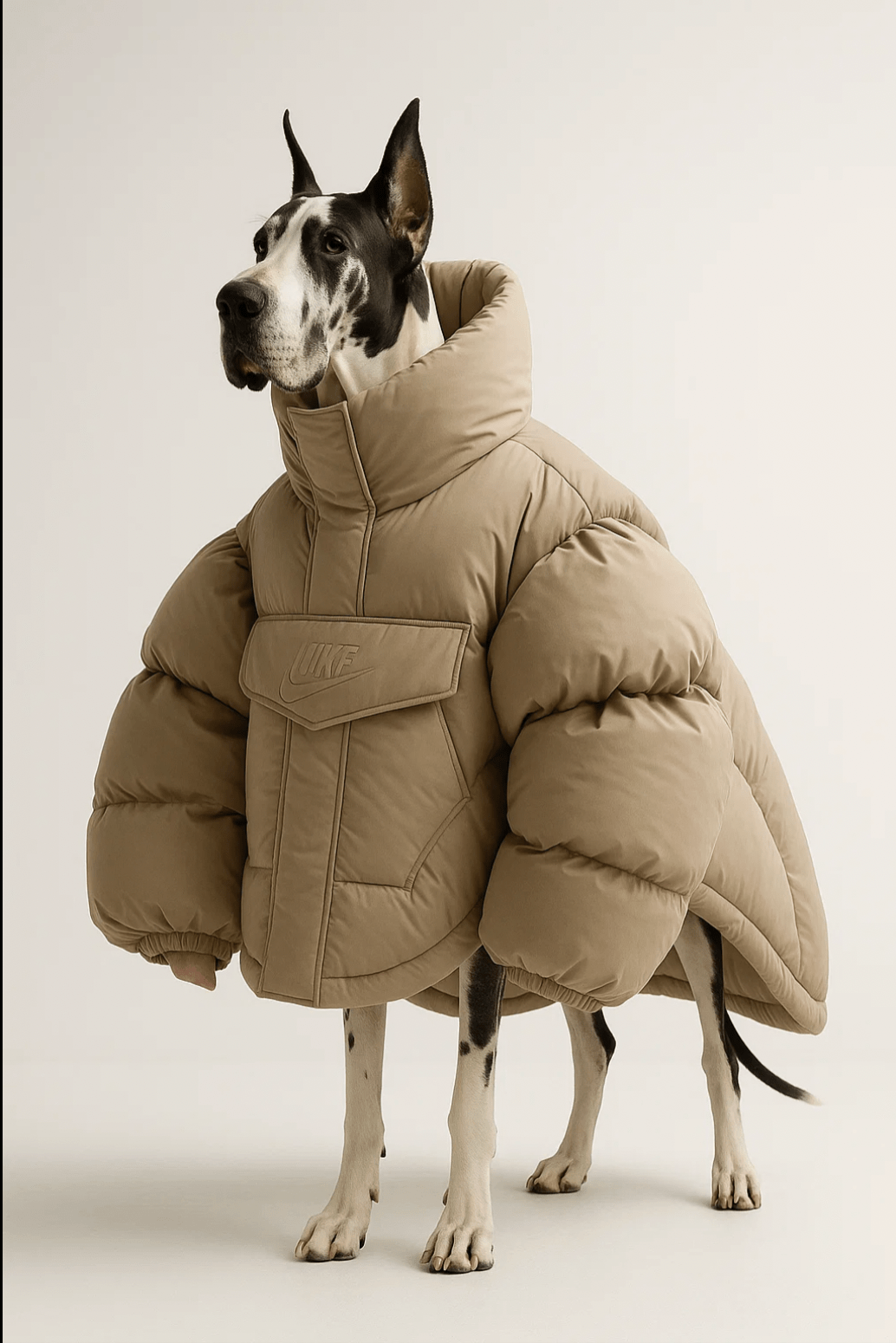

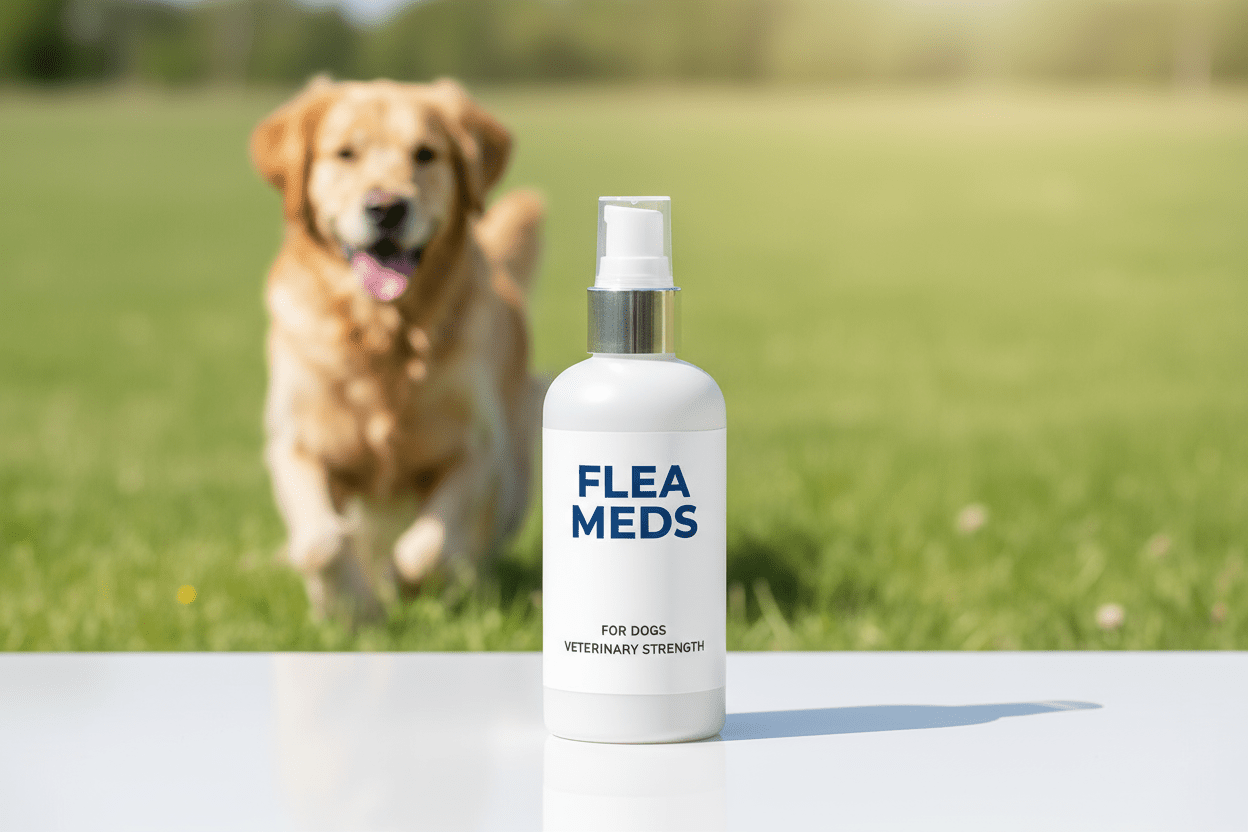
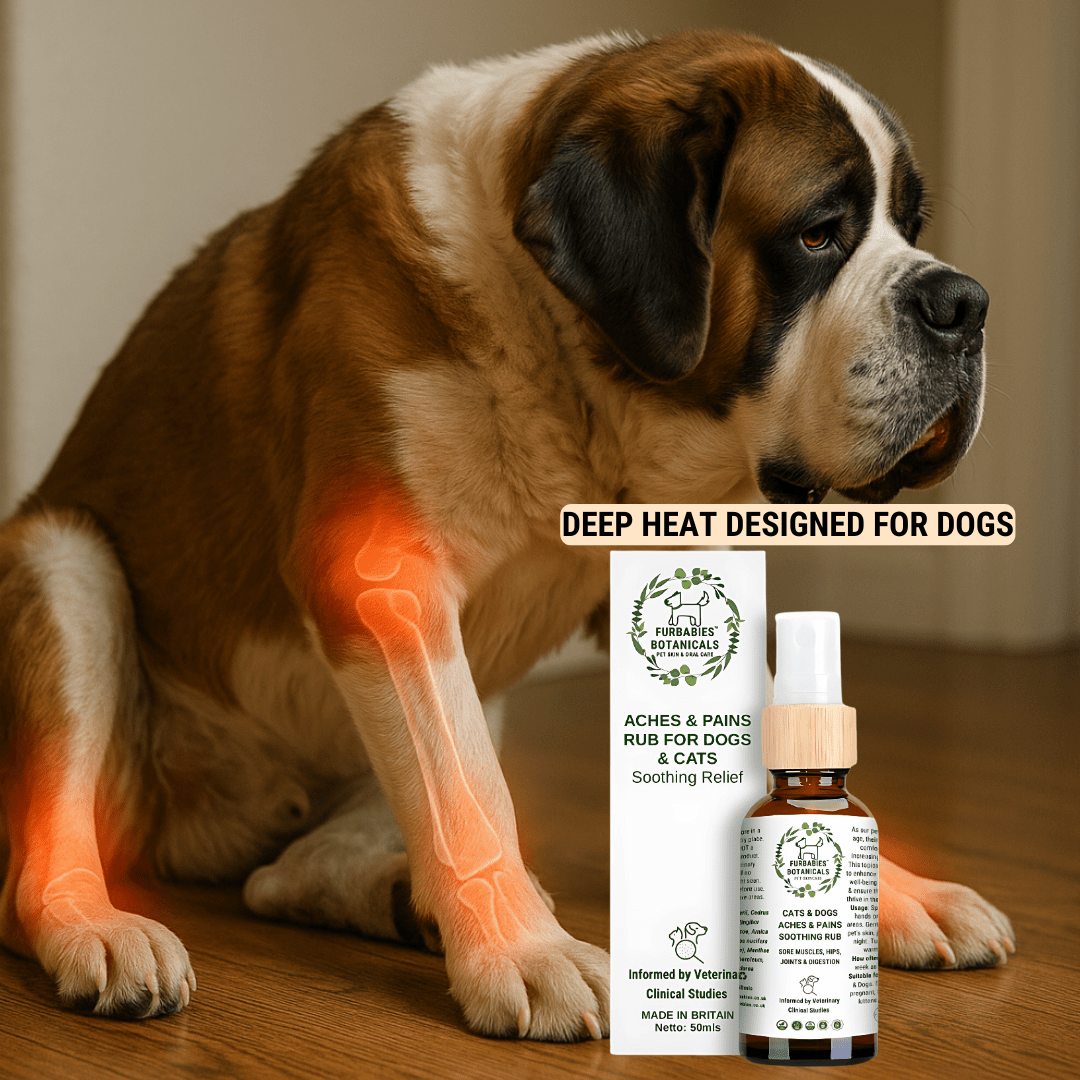

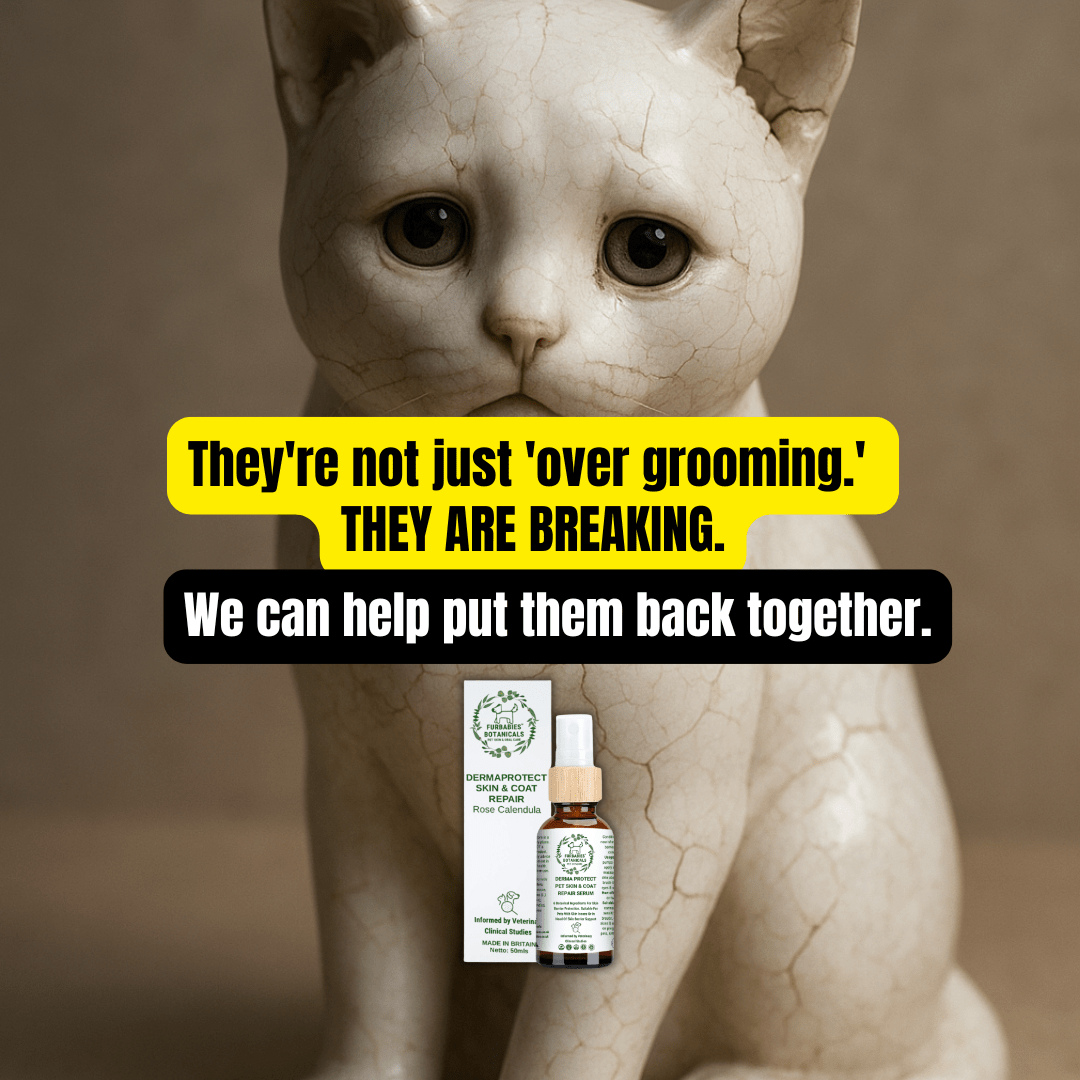
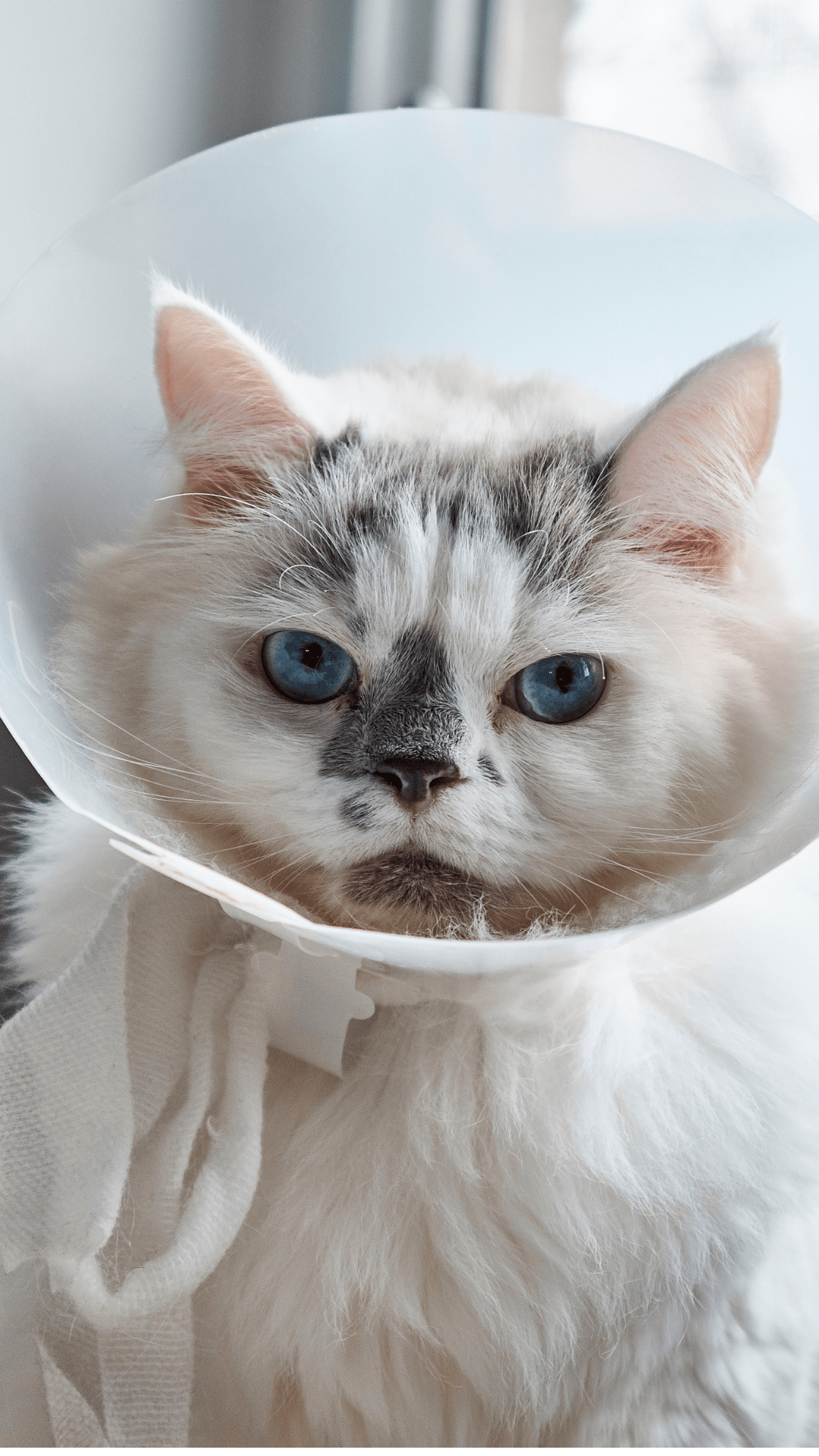
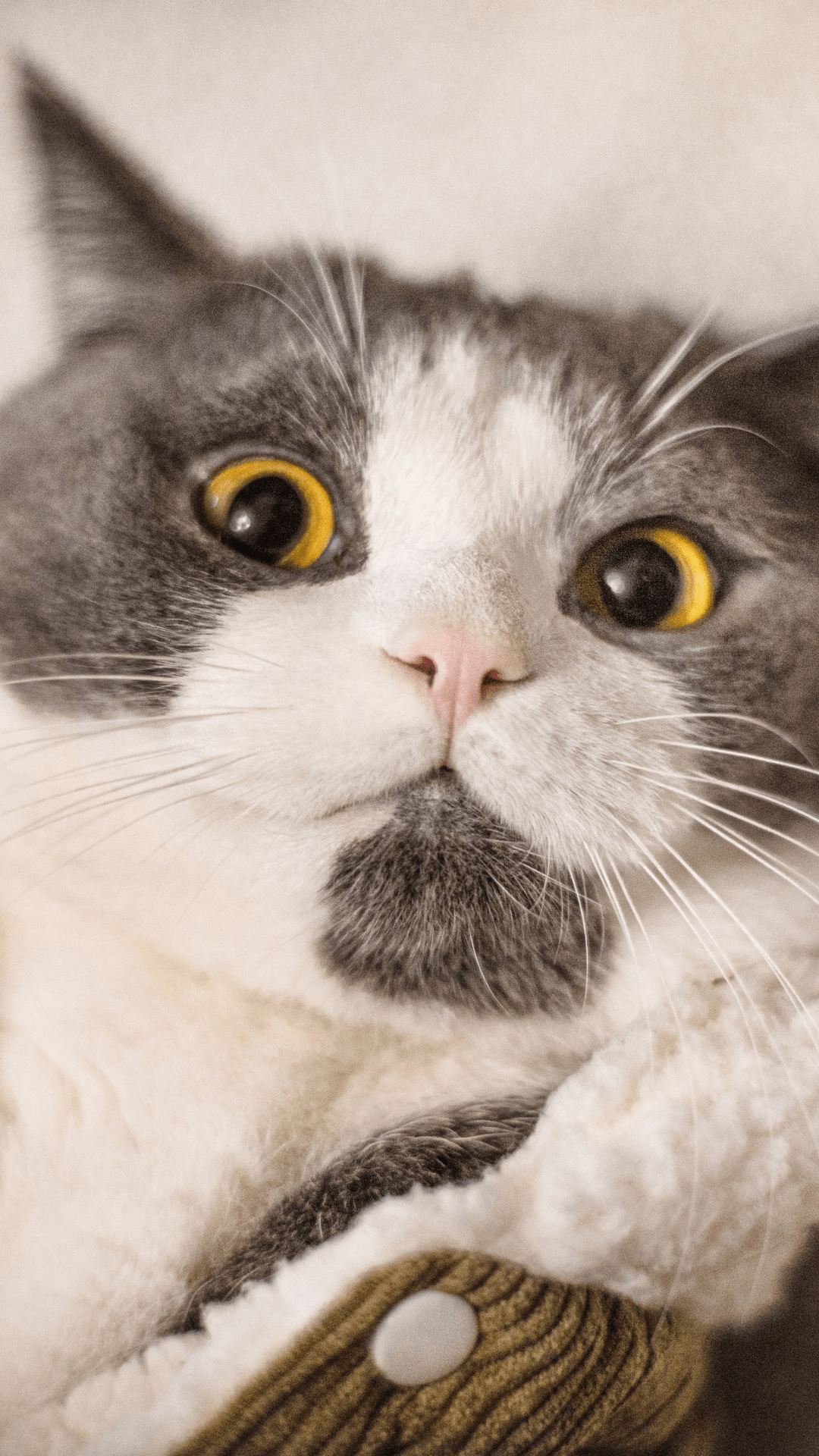

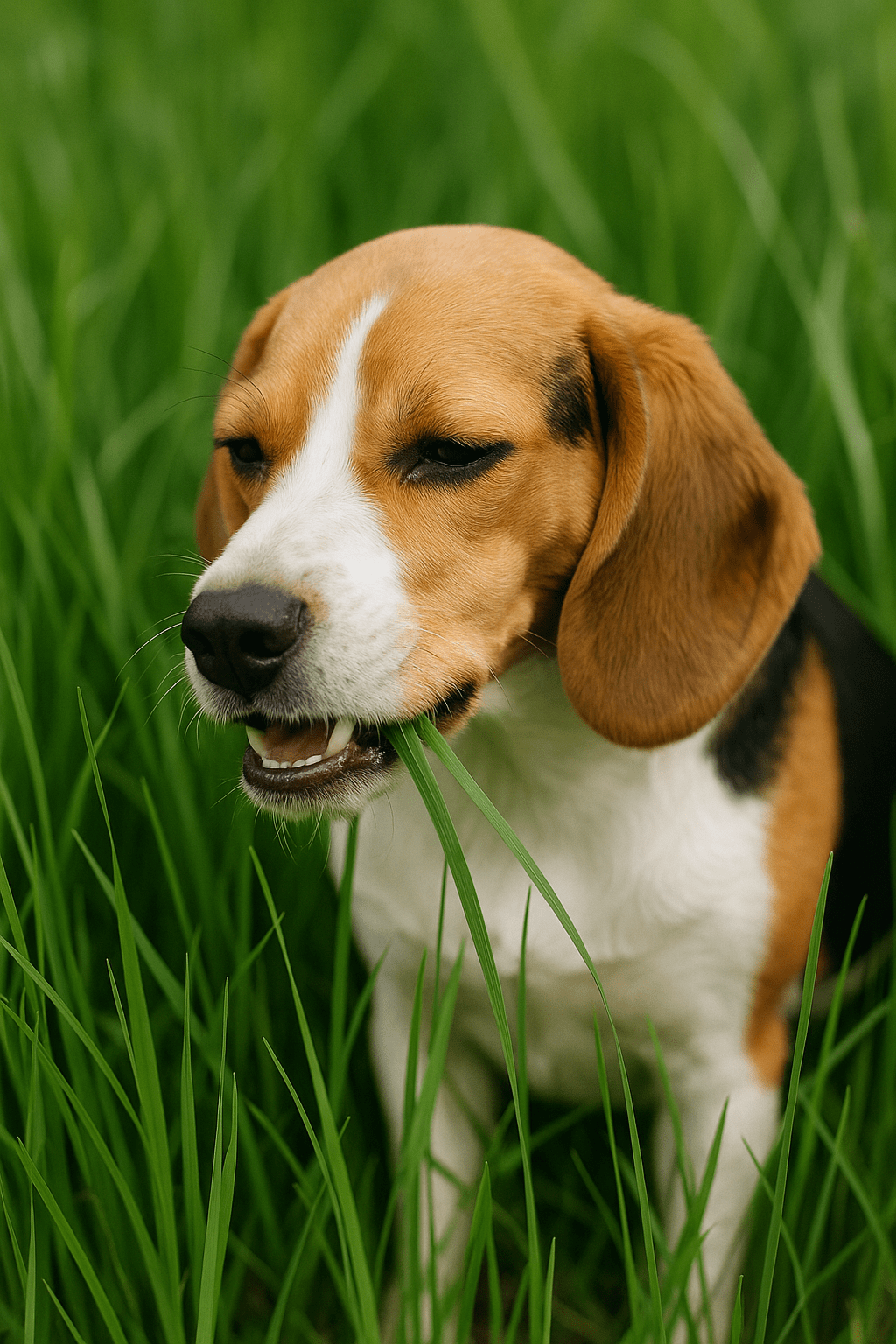
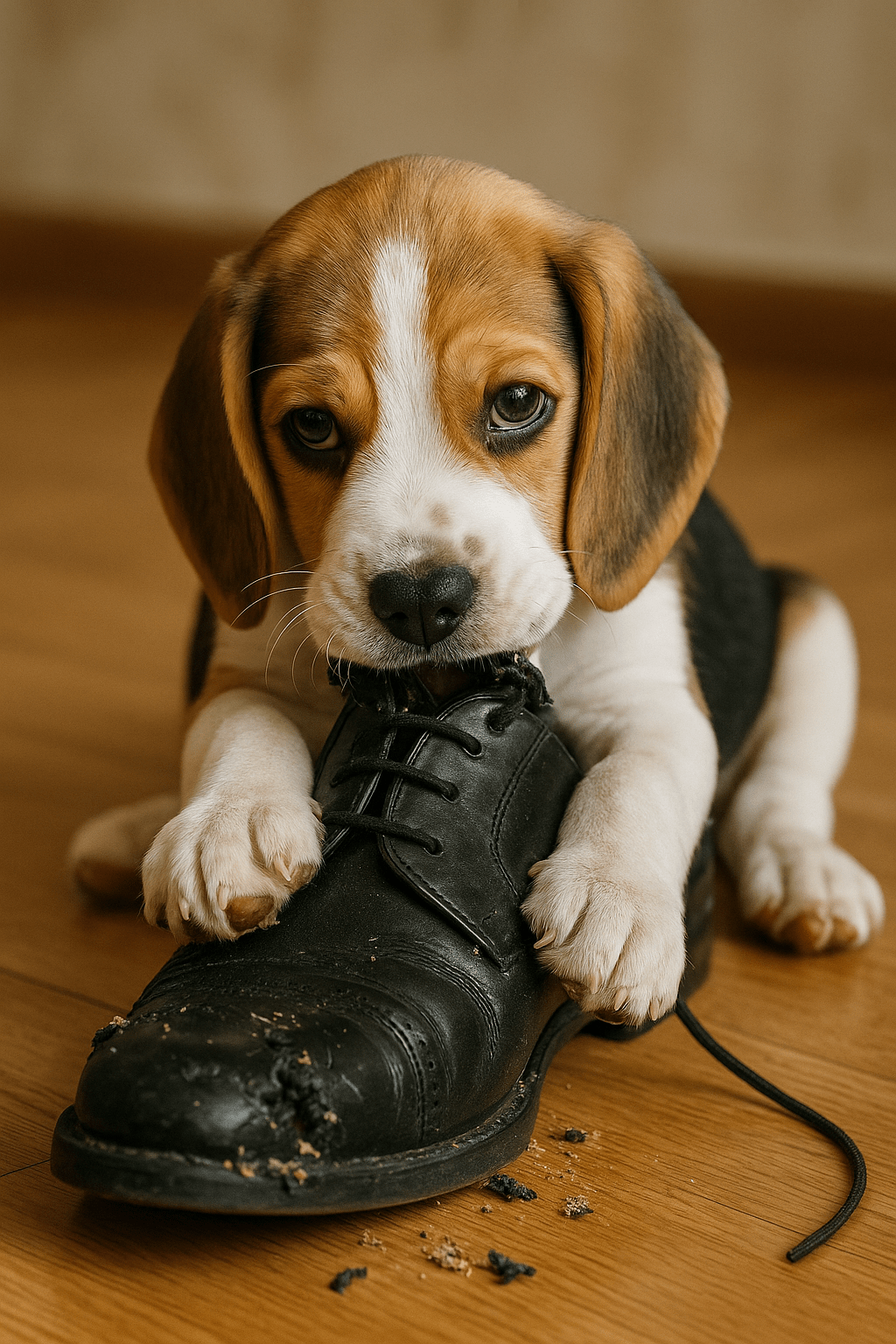
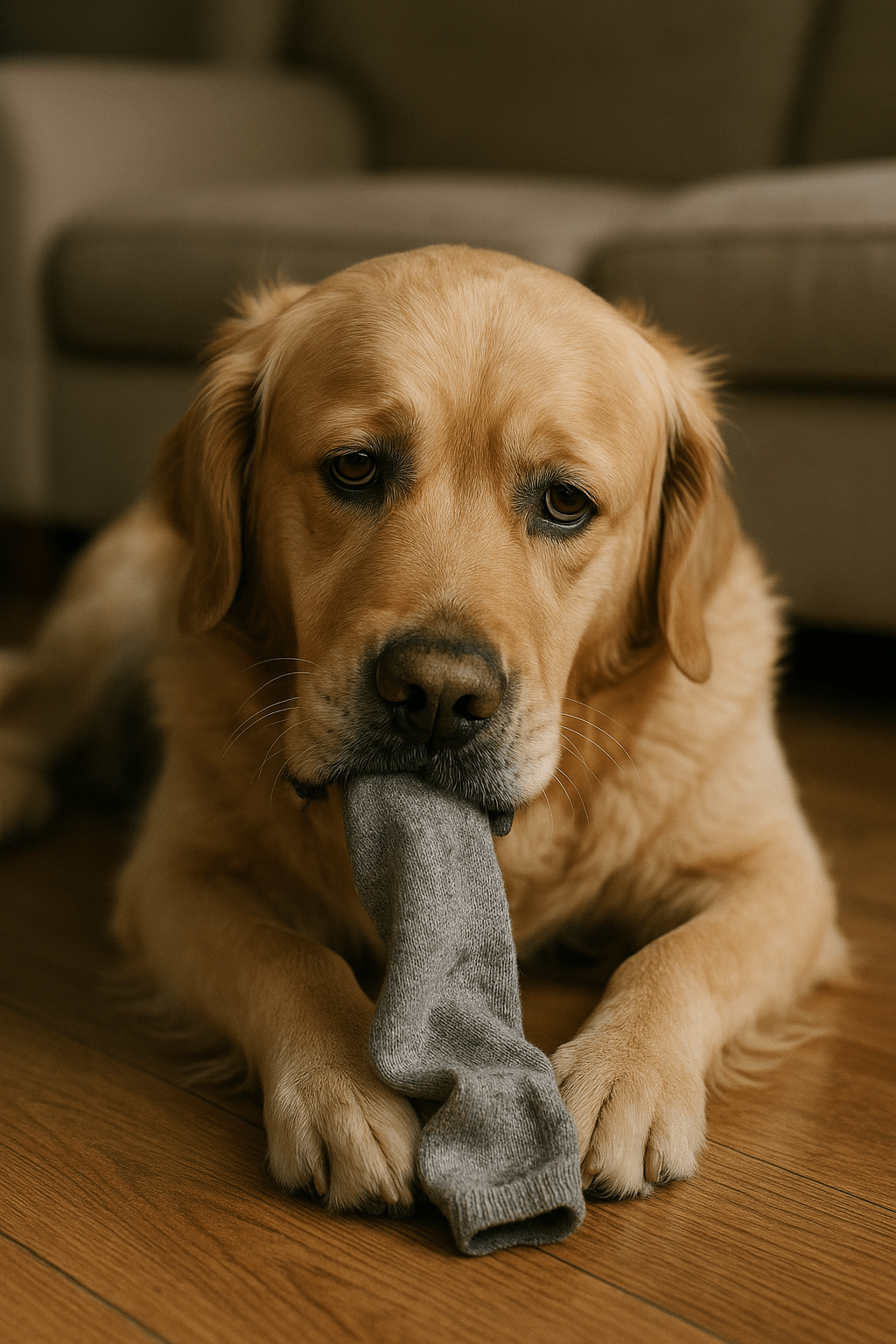
Share:
Why Does My Dog Have a Strange Smell? Understanding and Tackling Odour in Dogs
Why Protecting Pet Scent Identity Is Important